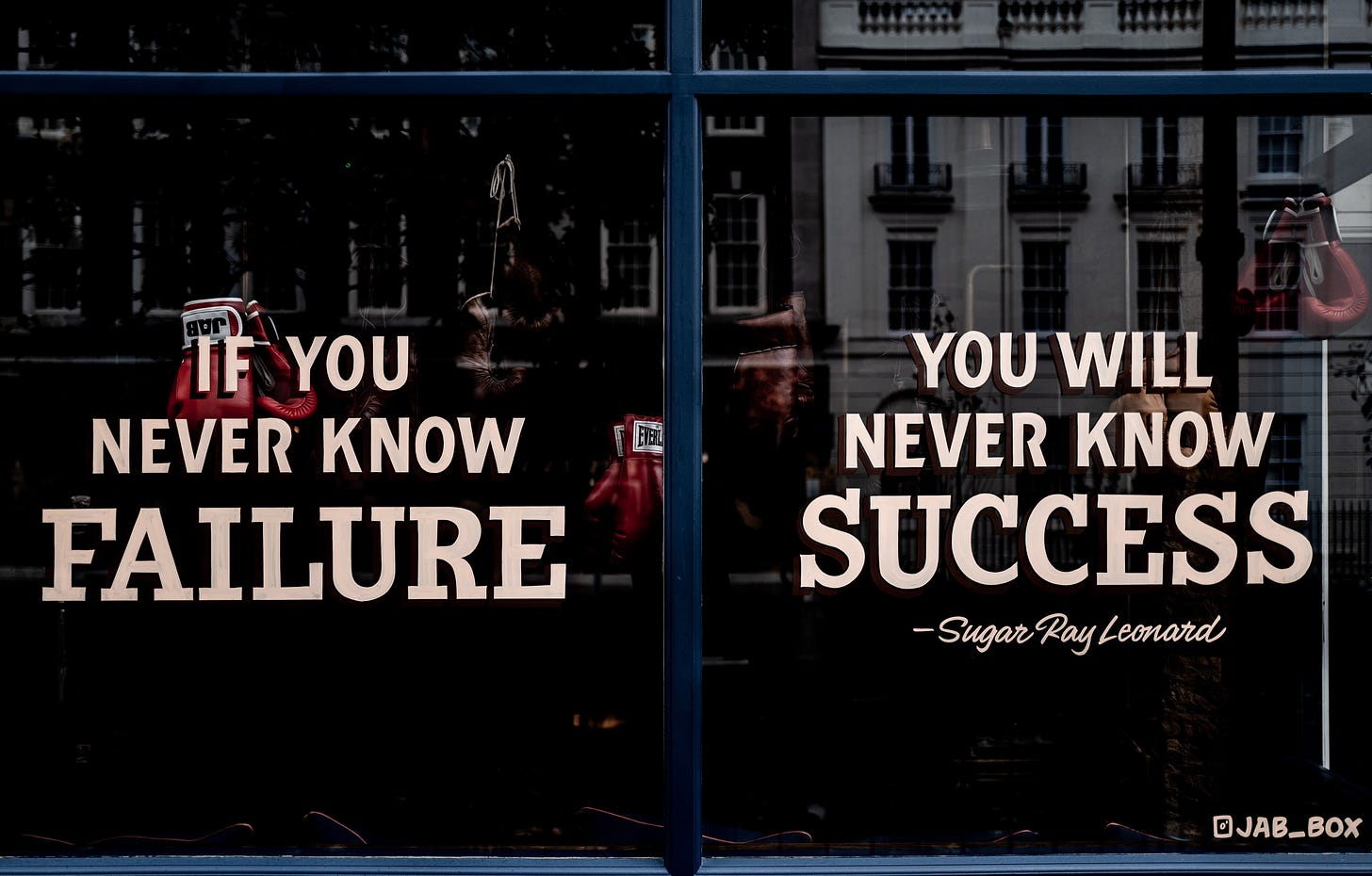I really, really hate making mistakes. REALLY hate it.
The things I have messed up burn themselves into my brain, and they have been known to play on a loop at 3am. Ugh.
However, if I let my anxiety over “But I might make a mistake” overpower my “I could make something awesome!” mindset, I’d never try anything new. My fear of failure would make it so that I’d never have any successes.
I advocate taking smart risks, not stupid risks. As leaders, we need to be able to move forward in adopting new methods and trying new things, particularly when we live in an ever-changing world. If we don’t anticipate change (or at least reactively respond to change), we will be left behind. But we don’t have to “throw caution to the wind.” We can maximize our chances for success.
First off, try new methods or new activities in a safe way. If you were learning to tightrope-walk, you would probably start with a rope just off the ground, not strung across two skyscrapers, because you KNOW you are going to fall off many times. All of those falls are PART of learning how NOT to fall.
Second, adopt a “first draft” mentality. We know we are not going to do it perfectly the first time, so rather than seeing what you have done as failure or “substandard,” use it as a rough draft and revise it. If it’s not the way you want it, don’t quit—get input and feedback from someone whose input and feedback will make your work BETTER, and use that revision process to polish your skills and grow your competence, not just finish the current project.
Third, don’t be afraid to “own it” when something tanks. If you can see the humor in it (and this might take a while), your experience of failure might make an excellent “war story” for mentoring others. “So, we’re in the middle of Krakow; we don’t speak a word of Polish; it’s early Sunday morning, and we end up wandering around for hours…”
You survived. Your cautionary tale not only helps your mentees avoid the same problems you experienced, they also learn that these types of challenges are survivable. This knowledge gives people perspective when these challenges hit.
If you can adopt these attitudes for yourself, it’s also possible to adopt them for others. Be the safety net for the other tightrope walkers on your team. Be the person who gives feedback on their first drafts. Let them know that you will still value and respect them, even if this current project isn’t all we’d hoped it would be.
(Photo by the blowup on Unsplash)


